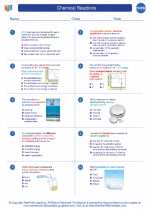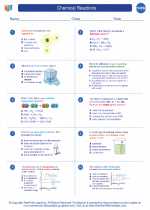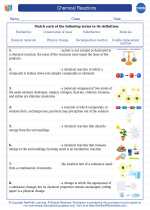Petrochemicals
Petrochemicals are chemical compounds derived from petroleum or natural gas. They are an essential part of the chemical industry and are used to produce a wide variety of products, including plastics, fertilizers, pharmaceuticals, and synthetic fibers.
Types of Petrochemicals
There are several types of petrochemicals, including:
- Olefins: These are hydrocarbons that contain a carbon-carbon double bond, such as ethylene and propylene. They are used as building blocks for plastics and synthetic fibers.
- Aromatics: Aromatics, such as benzene, toluene, and xylene, are used as feedstocks for the production of plastics, synthetic fibers, and solvents.
- Polymers: Polymers are large molecules made up of repeating units called monomers. Examples include polyethylene, polypropylene, and polyvinyl chloride (PVC).
- Fertilizers: Petrochemicals are used to produce nitrogen-based fertilizers, such as ammonia and urea, which are essential for agriculture.
- Surfactants: Surfactants are compounds that lower the surface tension between two liquids or between a liquid and a solid. They are used in detergents, emulsifiers, and foaming agents.
Production of Petrochemicals
Petrochemicals are typically produced through a process called cracking, which involves breaking down larger hydrocarbon molecules into smaller ones. This can be done through thermal cracking, catalytic cracking, or steam cracking.
Environmental and Economic Impact
The production and use of petrochemicals have both environmental and economic impacts. While they have enabled the development of a wide range of useful products, the extraction and processing of petroleum and natural gas can have negative effects on the environment. Additionally, the petrochemical industry is sensitive to fluctuations in oil prices and geopolitical events.
Study Tips
When studying petrochemicals, it's important to understand the basic principles of organic chemistry, including hydrocarbons, functional groups, and chemical reactions. Additionally, familiarize yourself with the different types of petrochemicals and their uses in various industries.
Practice drawing the chemical structures of common petrochemicals and understand their properties and reactivity. Review the processes involved in the production of petrochemicals, such as cracking, and the environmental and economic considerations associated with their use.
.◂Chemistry Worksheets and Study Guides High School. Chemical Reactions

 Worksheet/Answer key
Worksheet/Answer key
 Worksheet/Answer key
Worksheet/Answer key
 Worksheet/Answer key
Worksheet/Answer key
 Worksheet/Answer key
Worksheet/Answer key
 Worksheet/Answer key
Worksheet/Answer key
 Vocabulary/Answer key
Vocabulary/Answer key
 Vocabulary/Answer key
Vocabulary/Answer key
 Vocabulary/Answer key
Vocabulary/Answer key
